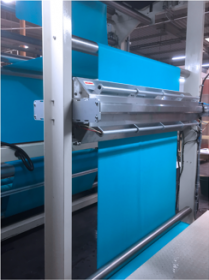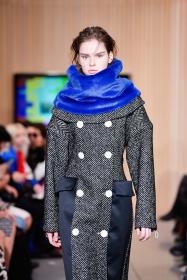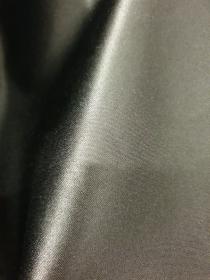Archroma announces 20% price increase for its fluorochemical range
Archroma, a global leader in specialty chemicals towards sustainable solutions, today announced an increase of up to 20% in the selling prices of its Nuva® N and Fluowet® fluorocarbon polymers.
Fluorocarbon polymers are typically used in essential applications where a water and/or oil barrier is needed, such as personal protective equipment (PPE) for health professionals, or other technical textiles.
As a global leader in the area of repellency treatments, we have the responsibility to develop and produce products with the highest level of sustainability – economically and ecologically.
The price increase has become necessary to support the increasing regulatory and other costs, as well as ongoing investments that Archroma continuously makes in its own manufacturing technology and process, to produce fluorochemicals in the safest possible way for the consumer and the environment.
The price increase will be effective from November 16, 2020, in all regions and markets, for all new orders and as contracts allow.
® Trademarks of Archroma registered in many countries
Archroma / EMG














































